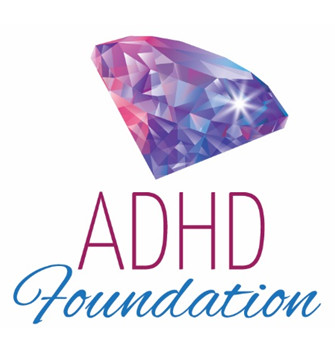Understanding ADHD Treatment & Support in Australia
ADHD (Attention Deficit Hyperactivity Disorder) affects individuals differently at every stage of life. In Australia, tailored and evidence-based strategies help children, adolescents, and adults manage ADHD effectively—often through a combination of clinical guidance, education, and behavioural support.


Expert Support from ADHD Specialists
Professionals such as paediatricians, psychiatrists, psychologists, and clinical prescribers are highly skilled in ADHD diagnosis and care. They provide personalised management plans to suit each individual’s needs.
Treatment Availability & Legislation in Australia
Access to ADHD services and the regulations surrounding them vary across states, territories, and globally. Your ADHD specialist understands the requirements in your area and will guide you through the right options for your specific circumstances.
ADHD often co-exists with conditions such as:
- Anxiety and depression
- Bipolar disorder
- Eating disorders
- Substance use challenges
- Obsessive-compulsive behaviours
A comprehensive approach is essential for managing overlapping conditions.
Treatment Approaches & Strategies
A multimodal plan is widely recognised as the most effective way to manage ADHD in daily life. This typically includes:
- Behavioural therapy
- Psychoeducation
- Cognitive behavioural therapy (CBT)
- Life coaching
- Structured routines and support at school or work
For adults, therapies may also involve workplace accommodations, mental health counselling, and skill-based training.
Stimulant and Non-Stimulant Treatments
Support options in Australia may involve either short-acting or long-acting interventions. These can be categorised as stimulant or non-stimulant, each with different effects and durations. Your practitioner will help determine the best approach.
Authorised health professionals are the only ones permitted to prescribe ADHD treatments. In many cases, individuals may need to trial different strategies and dosage levels to find the most beneficial plan. Regular monitoring and adjustments are key to long-term success.
Note: People respond differently to treatment. Ongoing evaluation is crucial to track outcomes and adapt plans as needed.

Latest News and Information
The ADHD Foundation Australia’s quarterly newsletter offers valuable updates on research, community events, and practical resources for parents. It also highlights advocacy efforts to improve awareness and support for the ADHD community in Australia.


Ready for the Next Step?
Whether you’re just beginning your ADHD journey or supporting someone who is, know that help is available—and growing. The ADHD Foundation and its partners offer pathways, advice, and connection.
Reach out today or explore more on adhdfoundation.org.au
